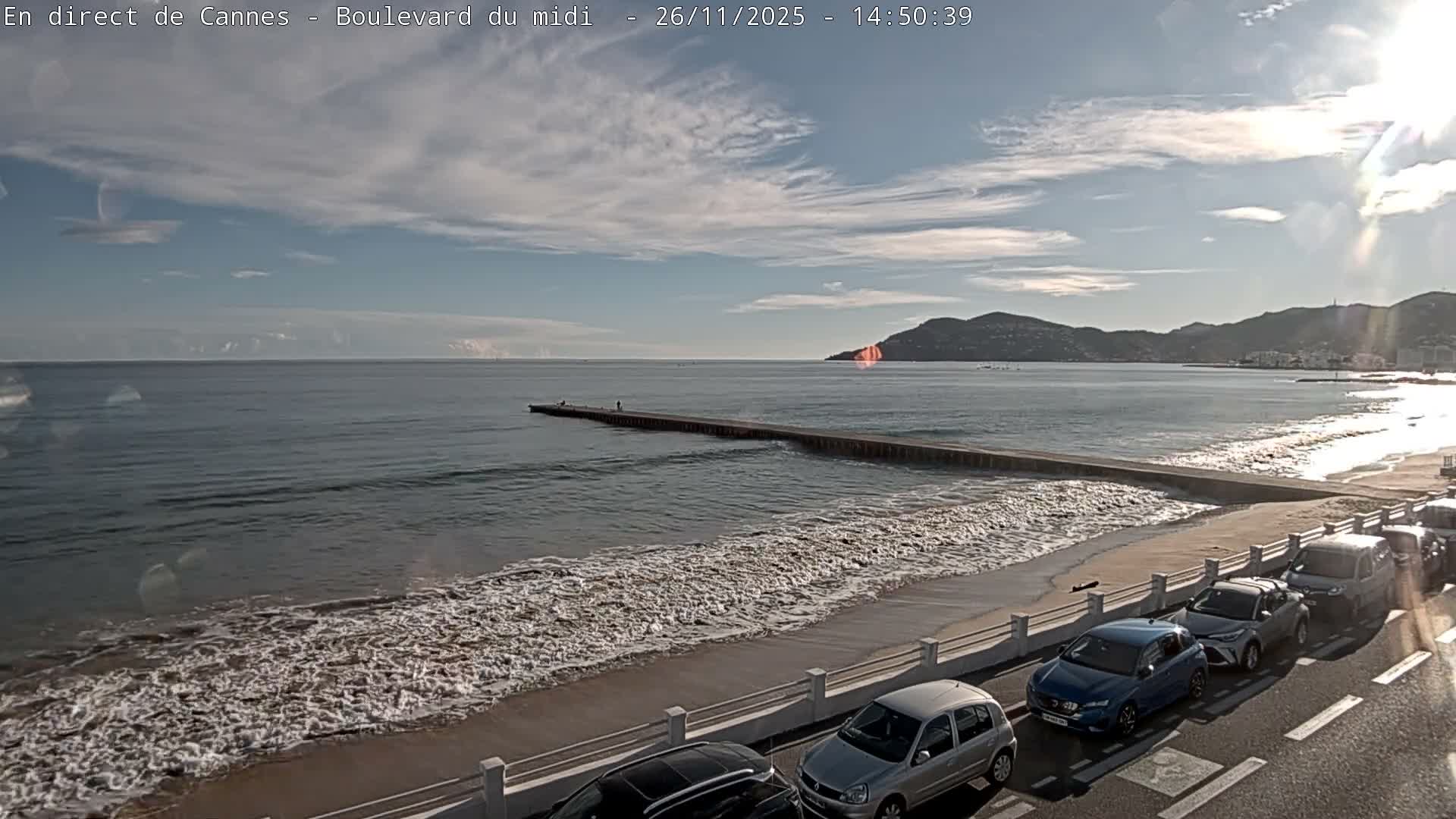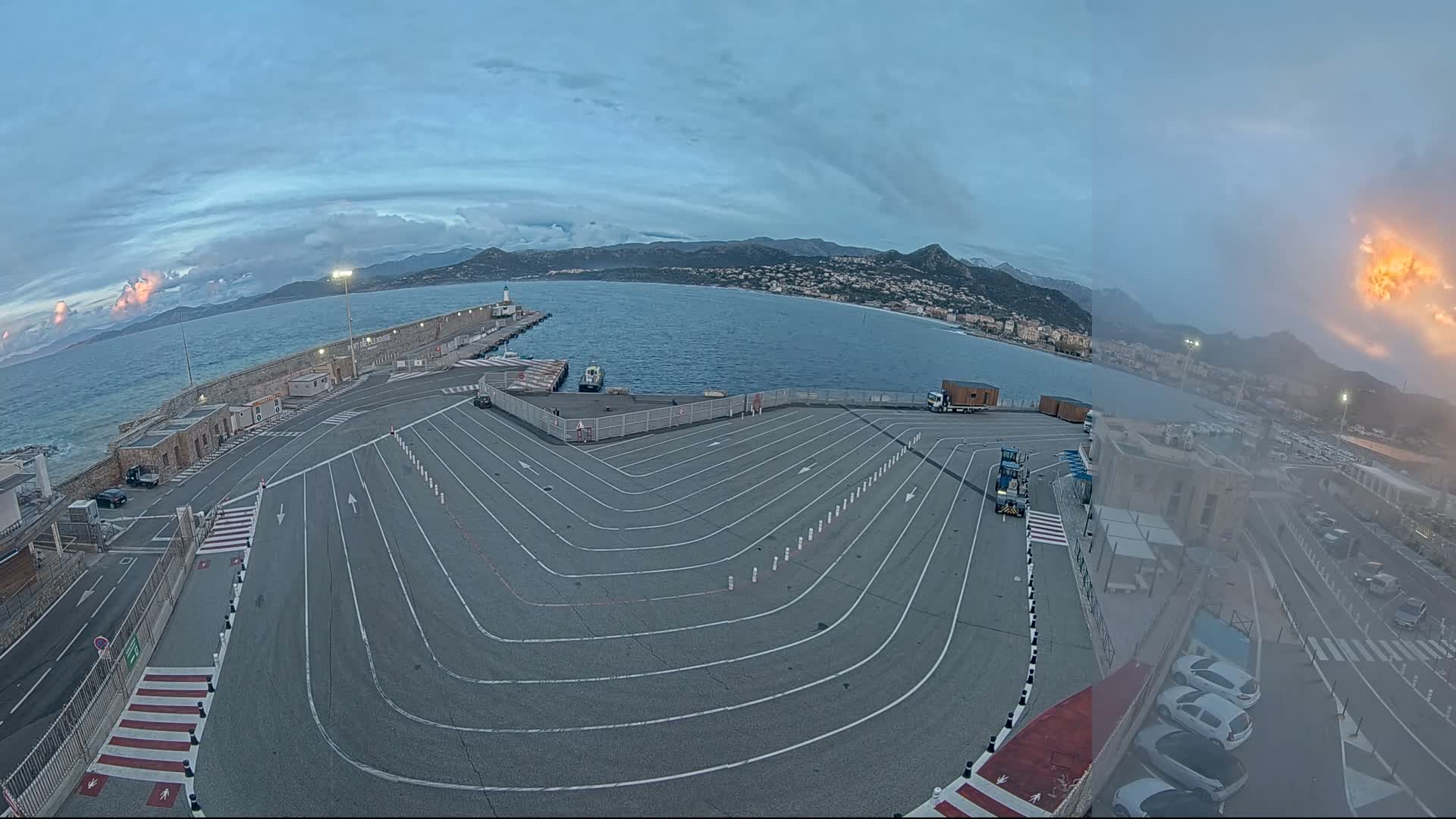France Uncovers Suspected Russian Spy Network Amid Escalating European Tensions
French authorities have significantly escalated their counter-espionage efforts, detaining four individuals suspected of operating a Russian spy network and disseminating pro-Kremlin propaganda. This decisive action comes as European nations increasingly grapple with a surge in alleged Russian clandestine activities amidst the ongoing conflict in Ukraine.
The French Case: Detentions and Allegations
Prosecutors provided details on Wednesday regarding the detentions. Among those held are a 40-year-old Russian man, reportedly filmed placing pro-Moscow posters on the iconic Arc de Triomphe in Paris, and a 40-year-old Russian-born woman. This woman has been identified as the leader of the French-Russian group SOS Donbass. While publicly presenting itself as a humanitarian aid organization for Ukraine's eastern Donbas region, the group was under close surveillance by France's domestic intelligence service, the General Directorate for Internal Security (DGSI), since early this year.
The DGSI initiated a judicial inquiry in March into the woman, suspecting "collusion with a foreign power," a serious charge that carries a potential 10-year prison sentence. Officials believe she was actively attempting to extract sensitive economic intelligence from French business executives. A 63-year-old man from a northern Parisian suburb was also taken into custody. A fourth suspect, aged 58, was spared pre-trial detention but placed under strict judicial supervision, requiring weekly check-ins with the police.
Wider European Concerns Over Russian Espionage
These recent French arrests underscore a deepening concern across the European continent regarding the proliferation of alleged Russian espionage. Numerous countries have openly pointed fingers at Moscow's intelligence services, linking them to various sabotage incidents as Russia's war in Ukraine grinds on.
The United Kingdom's Robust Response
The United Kingdom, in particular, has been at the forefront of tackling such threats, witnessing several high-profile cases. Last month, three men in their 40s were arrested under the 2023 National Security Act for allegedly assisting Russia's foreign intelligence service. In a separate, alarming incident, two individuals received lengthy sentences for carrying out arson attacks in London, attributed to the Wagner Group — the Russian state-funded mercenary force. March also saw the conviction of three Bulgarian nationals in London for their involvement in a Russian spy unit that conducted surveillance for the Kremlin on a US military base and on individuals targeted by Moscow.
Adding to the escalating tensions, UK Defence Secretary John Healey recently condemned the crew of the Russian spy ship Yantar for reportedly aiming lasers at pilots of British surveillance aircraft observing the vessel in waters off Scotland. Healey denounced the act as "reckless and dangerous" and affirmed that the UK would respond firmly to any territorial incursions. The Kremlin, predictably, has rejected all such allegations, accusing London of habitually blaming Russia for any negative occurrences within the UK.
Espionage Hotspots and Naval Activity
Switzerland's Federal Intelligence Service (FIS) reported in 2023 that the country has become a significant espionage hotspot since Moscow's invasion of Ukraine, estimating that at least a third of Russia's 220 accredited officials there are likely spies. Meanwhile, the UK Ministry of Defence noted a significant 30% increase in Russian naval movements near UK waters over the past two years, with a British patrol vessel recently intercepting a Russian corvette and tanker in the English Channel.
NATO has also intensified its air patrols along Ukraine's border following suspected Russian airspace violations and drone sightings in several member states, including Poland, where authorities last month arrested eight people on suspicion of espionage and sabotage on behalf of Russia. Furthermore, in December 2024, Finland seized a Russia-linked ship suspected of deliberately damaging an undersea cable connecting Finland and Estonia.







